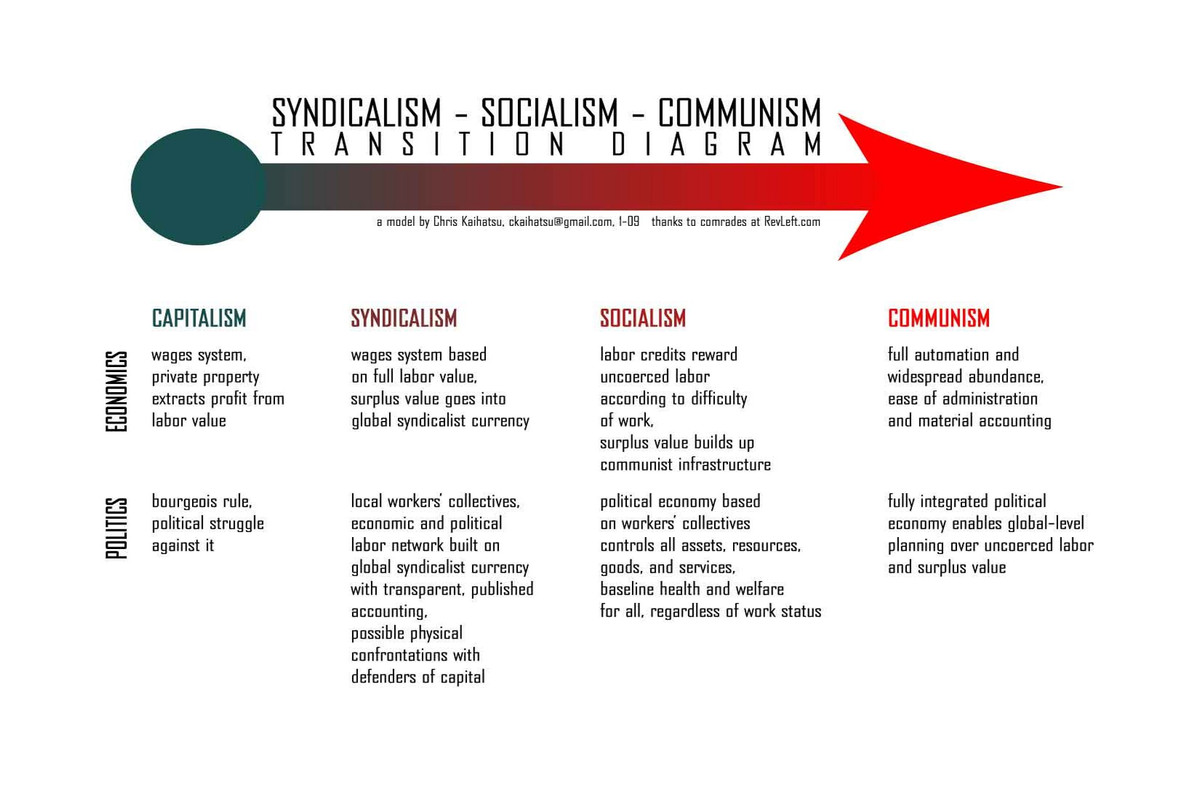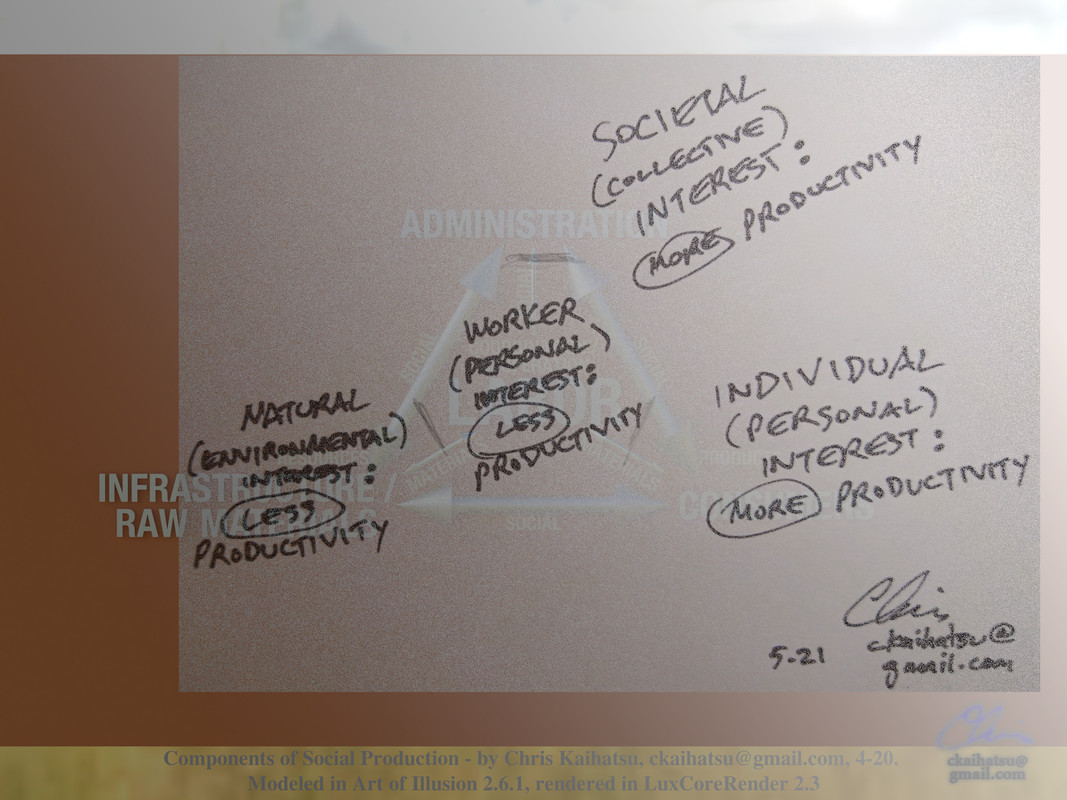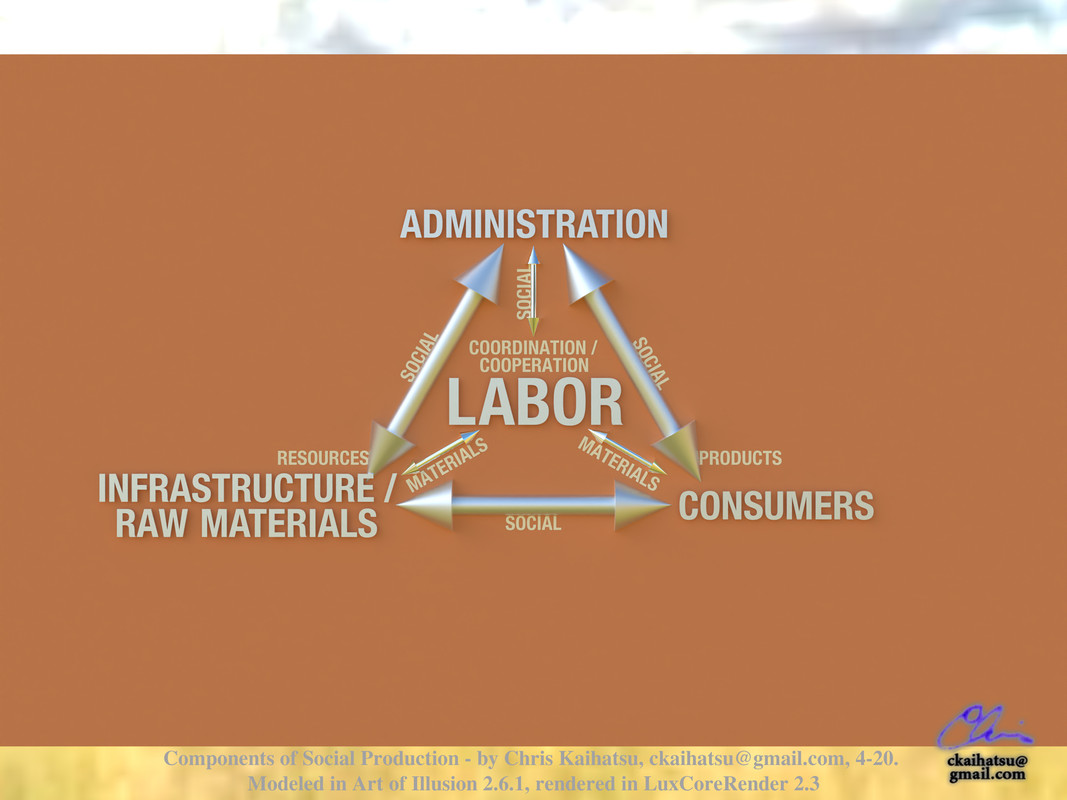- 20 Jan 2022 15:13
#15208133
The gist of the video is someone in the audience criticizes Chomsky for criticizing Lenin, and Chomsky explains why he's so critical. Lenin advocated vanguard leadership which Trotsky and more Orthodox Marxists opposed. What's interesting about this explanation is the vanguard is supposed to be composed of intellectuals, but one of the alternatives Chomsky mentions was Antonie Pannekoek who was a Dutch astronomer and intellectual himself.
The problem I have with taking Chomsky at face value here is this: https://isreview.org/issue/60/myth-leni ... index.html
There seems to be a lot of dispute as to whether or not Lenin embraced an intellectual bourgeois vanguard to lead the movement.
The gist of the video is someone in the audience criticizes Chomsky for criticizing Lenin, and Chomsky explains why he's so critical. Lenin advocated vanguard leadership which Trotsky and more Orthodox Marxists opposed. What's interesting about this explanation is the vanguard is supposed to be composed of intellectuals, but one of the alternatives Chomsky mentions was Antonie Pannekoek who was a Dutch astronomer and intellectual himself.
The problem I have with taking Chomsky at face value here is this: https://isreview.org/issue/60/myth-leni ... index.html
There seems to be a lot of dispute as to whether or not Lenin embraced an intellectual bourgeois vanguard to lead the movement.










 - By annatar1914
- By annatar1914